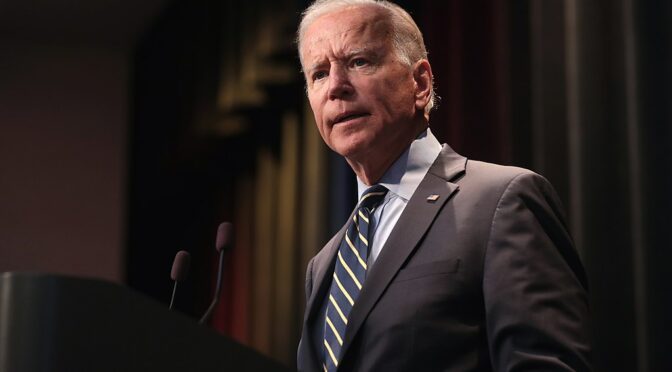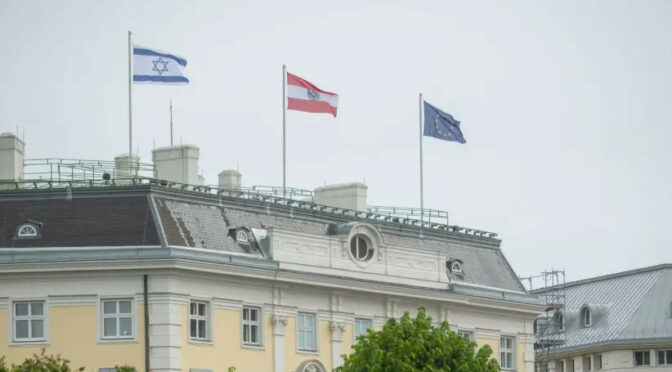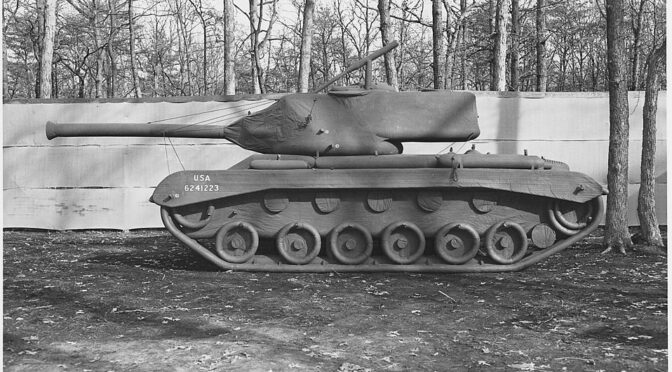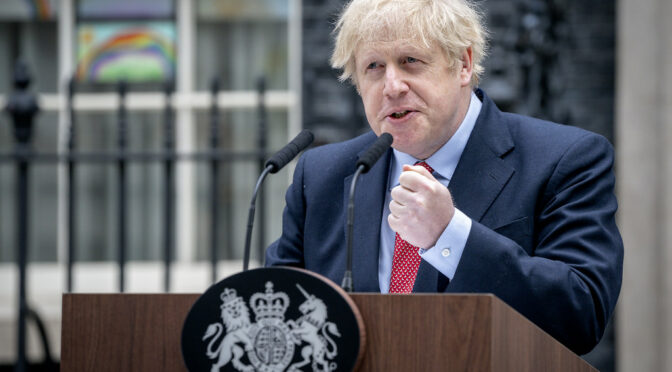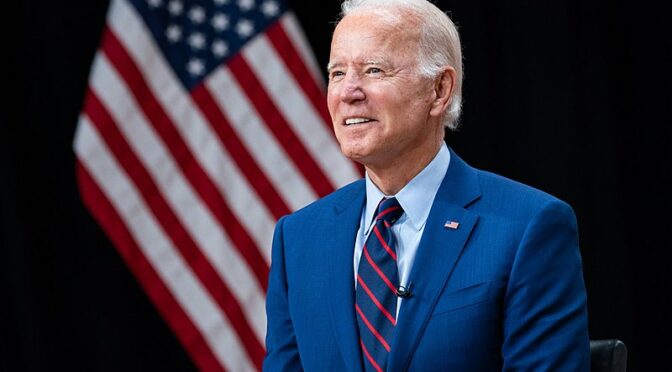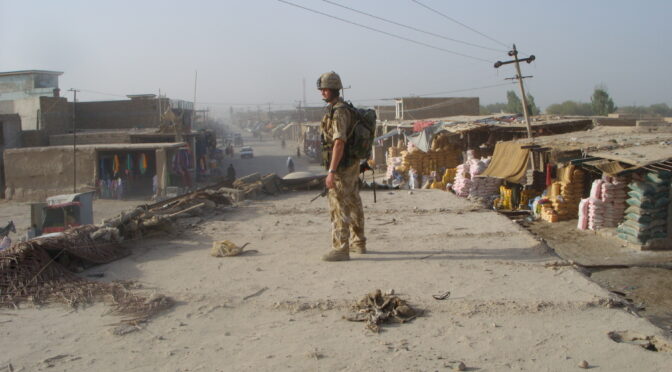Article published in The Daily Mirror, 16 August 2021. © Richard Kemp
This is exactly what Al Qaida planned when they rammed two airliners into the twin towers on 9/11. They hoped to lure US forces into Afghanistan where they would defeat them and destroy American prestige globally. It’s taken 20 years but that’s pretty much what is happening today.
As a result of President Biden’s disastrous decision to withdraw from Afghanistan, America’s reputation lies in tatters. For the first time I can remember from a British cabinet minister, even Defence Secretary Ben Wallace publicly criticised US defence policy.
He says he tried to cobble together a NATO coalition to hold on in Afghanistan. Of course that was more dream than reality as successive British governments have cut our forces to a level where they cannot stand on their own feet without America behind them.
Biden’s decision shattered political and military morale in Afghanistan. He then made matters worse by pulling out so rapidly that the Kabul government had no time to plan and prepare to fight alone.
In panic, Biden had to send in more forces to rescue diplomats and civilians than he withdrew only weeks ago.
I remember the optimism of so many Afghans in Kabul shortly after we first went in. They had been freed from the abuse and oppression of the Taliban and were promised US-backed prosperity, a secure and stable future with equal rights for women, girls at school and an end to government-authorised murder, torture and rape.
Many of these things were being achieved. But that’s all over. Very soon Kabul citizens will be enduring revenge killings against those who worked for the government or helped international forces and Continue reading


